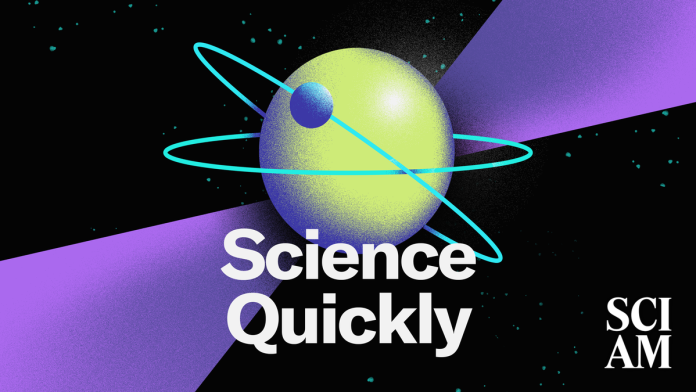Rachel Feltman: For Scientific American’s Science Quickly,, this is Rachel Feltman. In recent news, the topic of net neutrality has resurfaced due to a ruling by a U.S. appeals court. The decision stated that the Federal Communications Commission (FCC) did not have the authority to reinstate net neutrality rules, which they had voted to do in April with the support of then-president Joe Biden.
Net neutrality has always been a complex issue that many struggle to fully comprehend. So, what exactly is net neutrality, and what happens now that the FCC cannot enforce it? Here to shed light on the matter is Ben Guarino, an associate technology editor at Scientific American.
Thank you for joining us, Ben.
Supporting Science Journalism
If you’re enjoying this article, consider supporting our award-winning journalism by subscribing. Your subscription helps ensure the continuation of impactful stories about the latest discoveries and ideas shaping our world today.
Ben Guarino: Thank you for having me.
Feltman: I should know this by now, but can you explain what net neutrality is?
Guarino: Essentially, net neutrality is the concept that all internet traffic should be treated equally. Internet service providers (ISPs) should not discriminate between different sources of data, ensuring a level playing field for all websites.
Feltman: Why is net neutrality making headlines, and what developments have occurred?
Guarino: There has been a significant debate in the U.S. about the necessity of net neutrality. ISPs argue that regulations could hinder competition and go against capitalist principles, while consumers and internet advocates advocate for an open and free internet. The recent court ruling determined that the FCC lacks the authority to implement net neutrality principles.
Feltman: What’s next for those who support a free internet?
Guarino: Without FCC oversight, the responsibility falls on Congress or individual states to enforce net neutrality. Several states already have net neutrality laws in place, which may offer some hope for maintaining the principles of an open internet.
Feltman: Is the absence of net neutrality regulations positive or negative for the open internet?
Guarino: It’s a setback for those advocating for an open internet. State laws supporting net neutrality could potentially safeguard net neutrality principles across the country, despite the lack of federal oversight.
Feltman: What impact does net neutrality have on ISPs, and what are their objectives?
Guarino: Net neutrality prevents ISPs from selectively treating data packets, potentially allowing them to manipulate traffic flow for their benefit. By restricting access to certain services or demanding additional fees from content providers, ISPs could alter the online experience for consumers.
Feltman: What are the concerns regarding the future of the internet without net neutrality?
Guarino: While the immediate impact may not be noticeable to consumers, there is a possibility of increased subscription costs for popular streaming services like Netflix or Hulu. The intertwining of media and telecommunications industries raises concerns about potential conflicts of interest and biased content delivery.
Feltman: Despite the current situation, how does the outlook for net neutrality appear?
Guarino: The ongoing debate on net neutrality shows that the topic is far from concluded. Despite the FCC’s limitations, the principles of net neutrality remain a significant concern for those advocating for an open internet.
Feltman: Thank you for clarifying net neutrality for me, Ben. I appreciate your insights, and hopefully, the internet remains accessible and open in the future.
Guarino: Thank you for having me.
Feltman: That’s all for today’s episode. If you enjoyed this content, please consider leaving a rating, review, or comment. Your feedback is invaluable to us.
Science Quickly is a production by Rachel Feltman, Fonda Mwangi, Kelso Harper, Madison Goldberg, and Jeff DelViscio at Scientific American. Ben Guarino contributed to this episode as a reporter and co-host. Shayna Posses and Aaron Shattuck provided fact-checking for the show. Our theme music was created by Dominic Smith. Stay up-to-date with the latest science news by subscribing to Scientific American.
This is Rachel Feltman signing off for Scientific American. Until next time!




